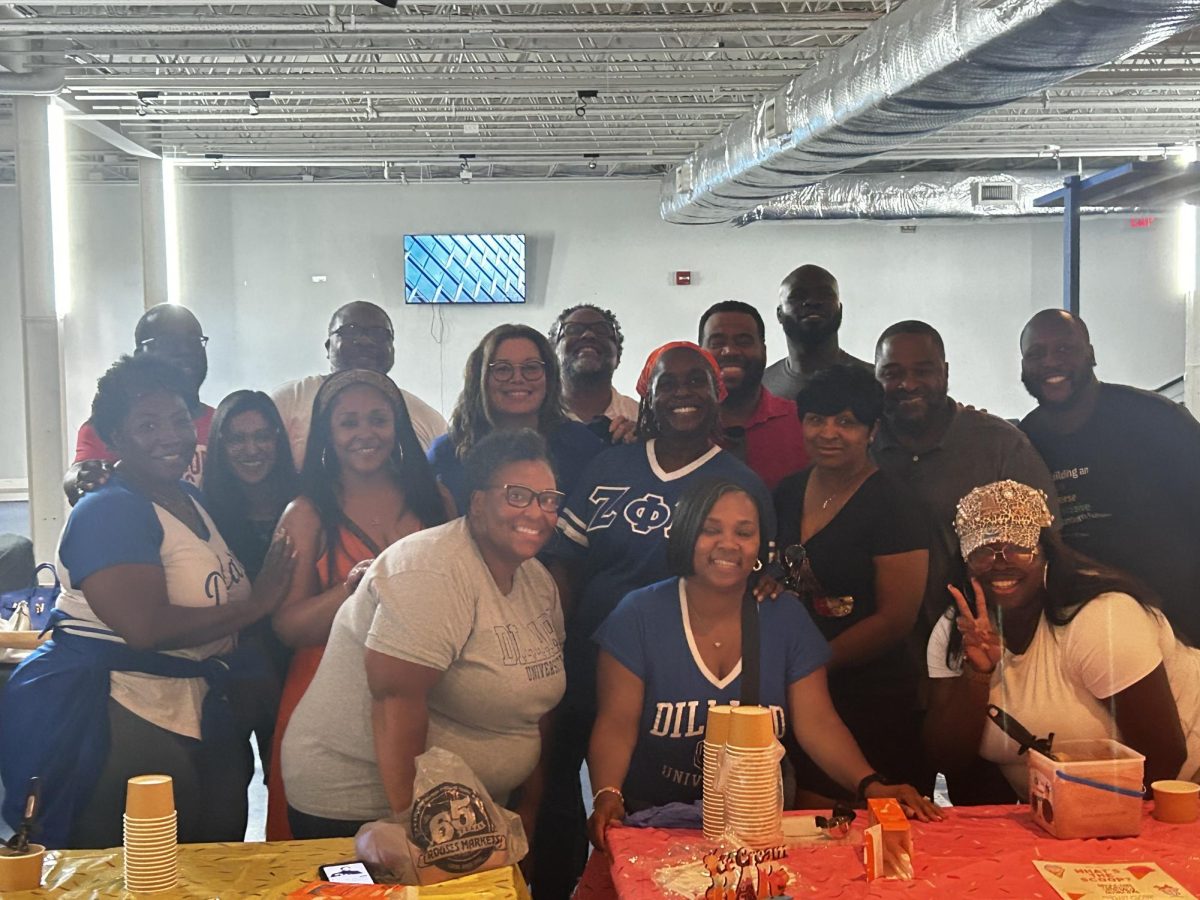NEW ORLEANS (September 26, 2019) – Think of respectability politics – being one of the “good Negroes” – as a sort of mental prison, placing extra restraints on self in order to be more respected. Respectability politics prove to be anti-black, anti-women, and exhibit victim-blaming tendencies.
The idea that behaving and appearing a certain way will save you from the discriminatory backlash of this imperfect world has challenged Black America since the first slave ship made it to the colonies. But the term “respectability politics” first appeared in Evelyn Brooks Higginbotham’s 1993 book, “Righteous Discontent: The Women’s Movement in the Black Baptist Church, 1880-1920.”
Film sophomore Lavonte Lucas of New Orleans defined respectability politics as “the same tool used to herd and coerce a group of people into believing their way of living is barbaric and needs to be polished.
“Respectability politics tells black and brown bodies that their curly hair is unprofessional even though it grows naturally like that. I see it all around me and even on campus.”
It is the reason black men relaxed their hair and walked around with the worst hairstyle known to mankind – the conk. Respectability politics is not wearing protective styles in the workplace because your braids are unprofessional – but so is your afro. It’s trying not to be the angry black girl even when speaking up is necessary. It’s the thought that comes into your mind that says, “Maybe I shouldn’t wear my hoodie outside tonight in the boujee part of town.”
Political Science Assistant Professor Blair D. Condoll said, “Cultural norms must only be applicable in cultural situations. Societal norms transcend our cultural expectations and they are applicable to everybody.”
Unfortunately, code-switching is a skill black people cannot thrive without. A person must be able to gauge how to behave based on their surroundings. The damage is done when it creates attitudes of superiority and shames groups of people for things they cannot change.
Check your respectability politics with a little critical thinking: Ask yourself why others think you should change, and measure whether the reasoning makes sense for you.
Taiyler Mitchell
Mass Communication
Junior
Los Angeles





























